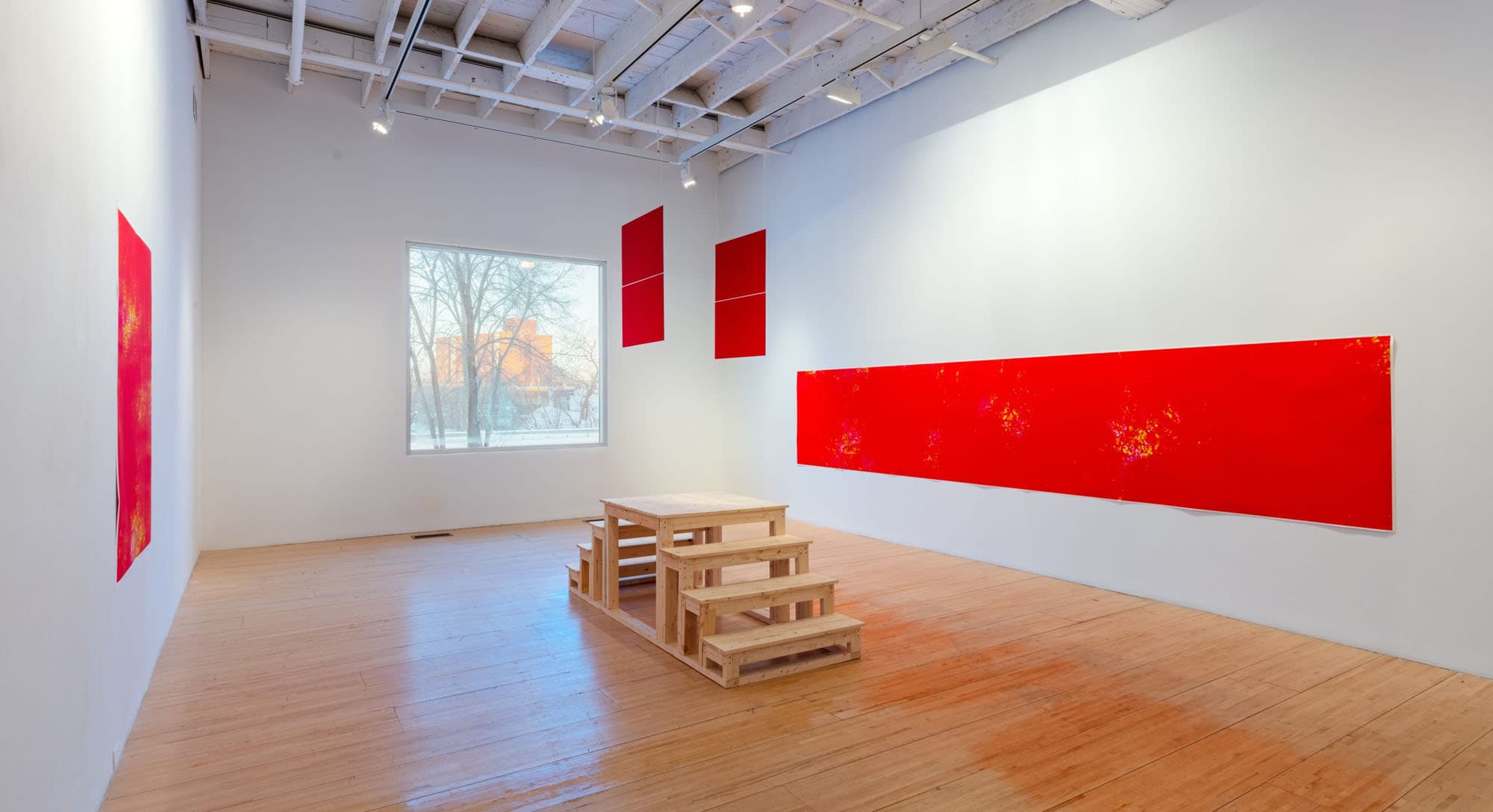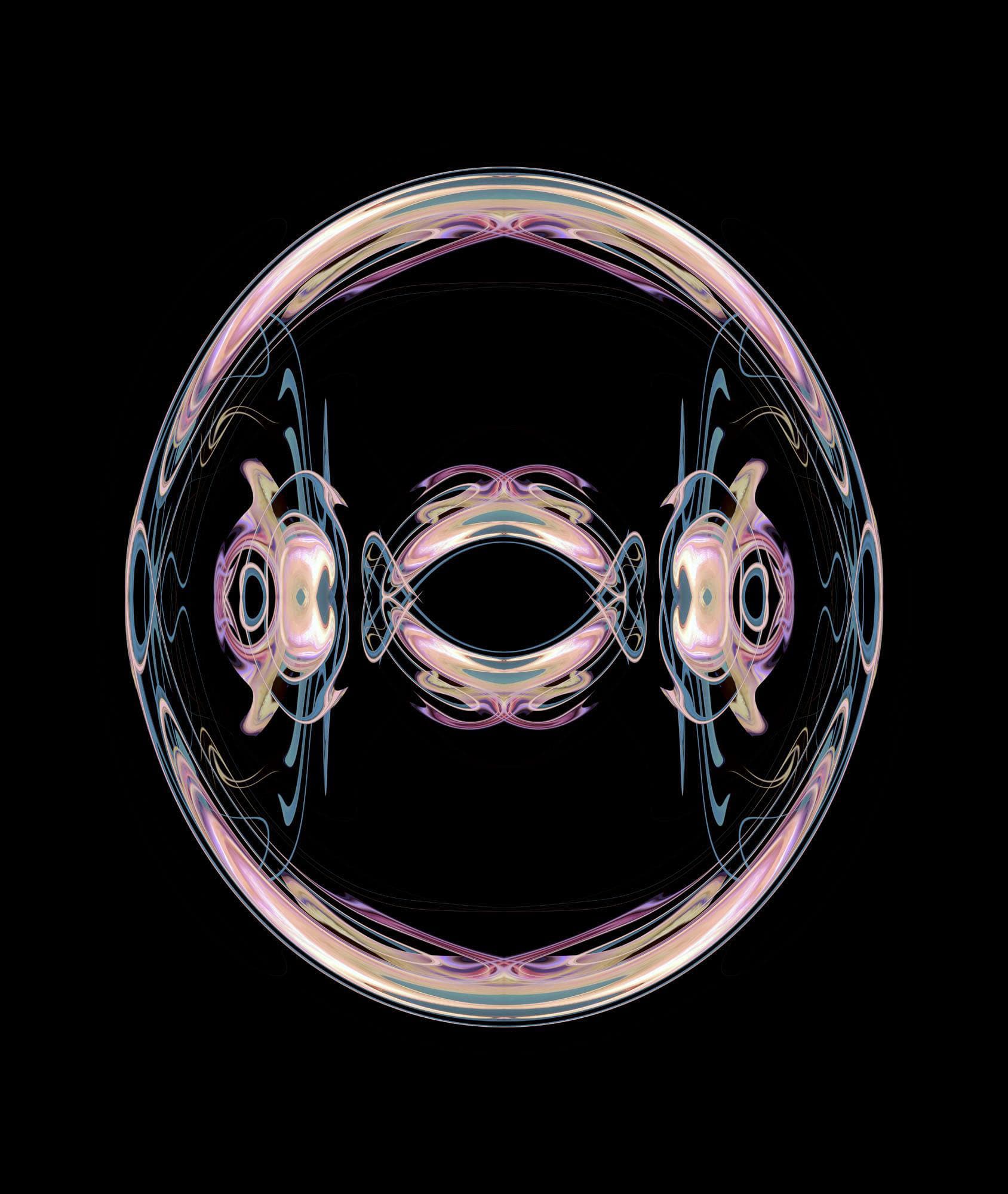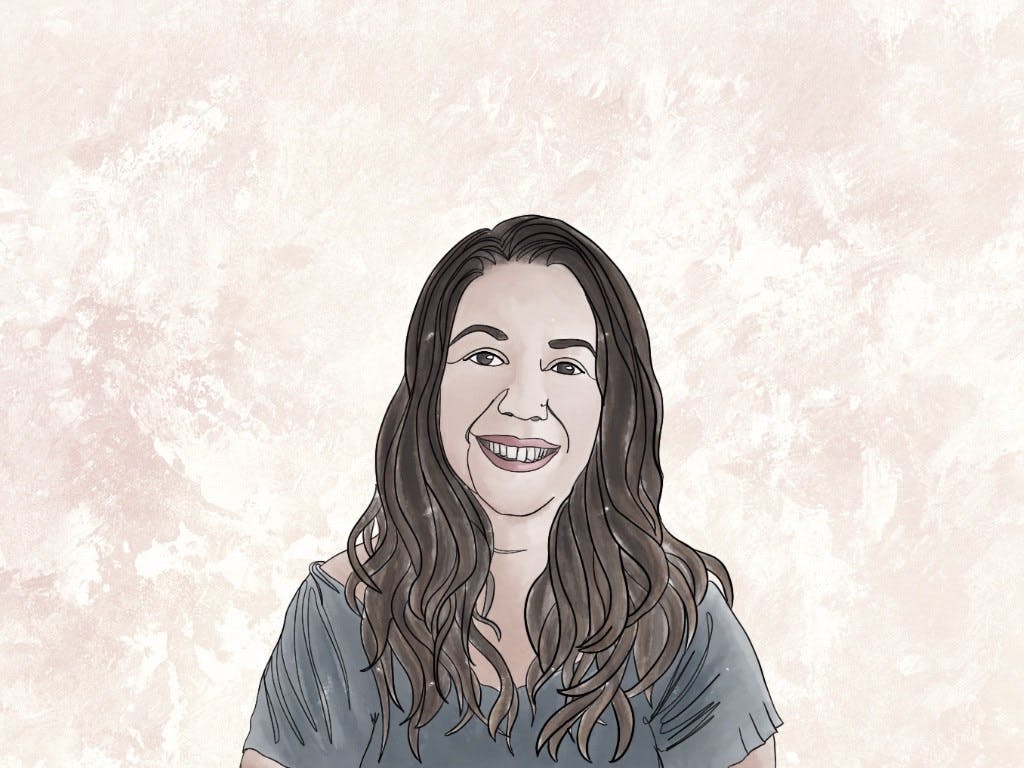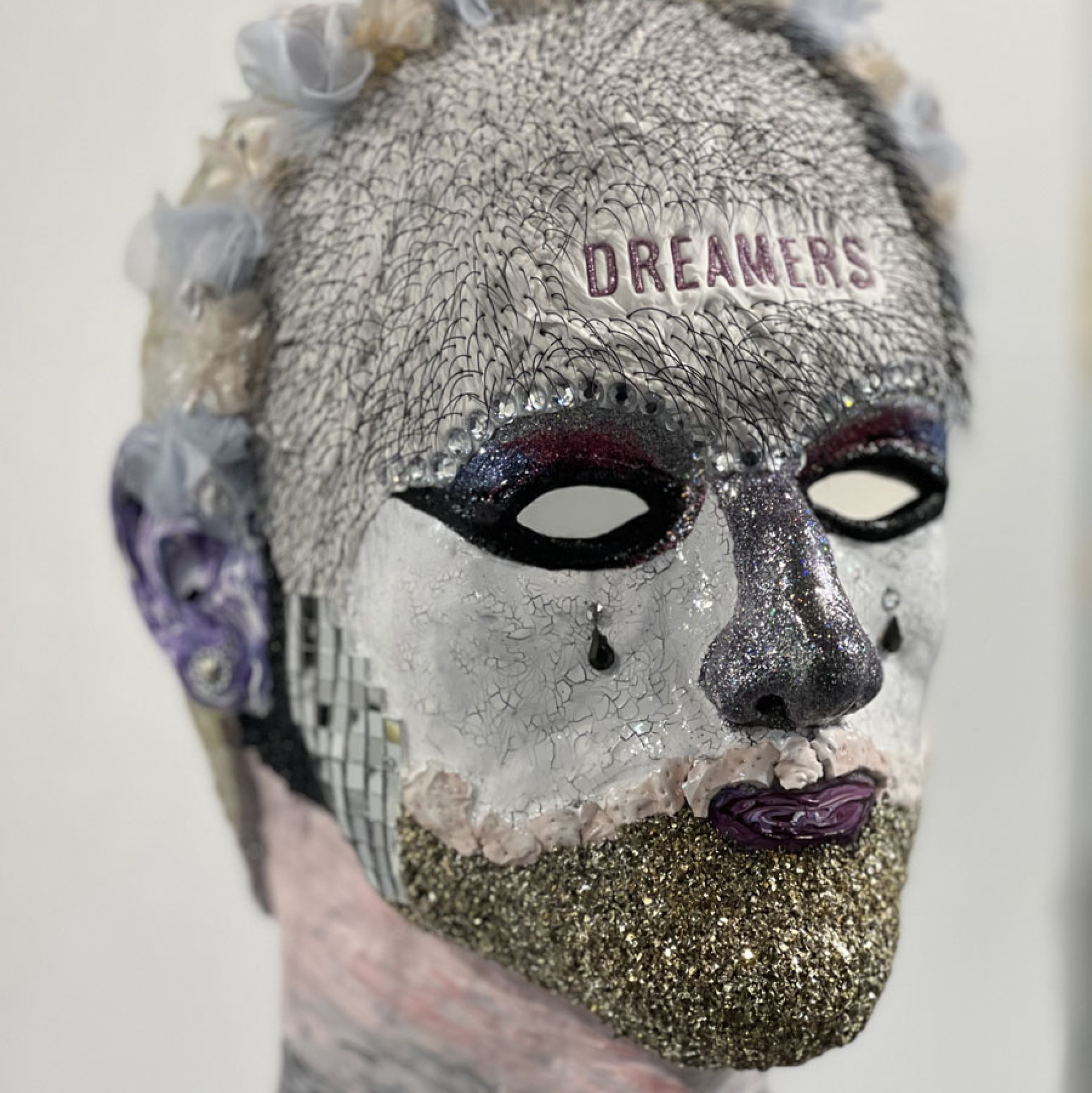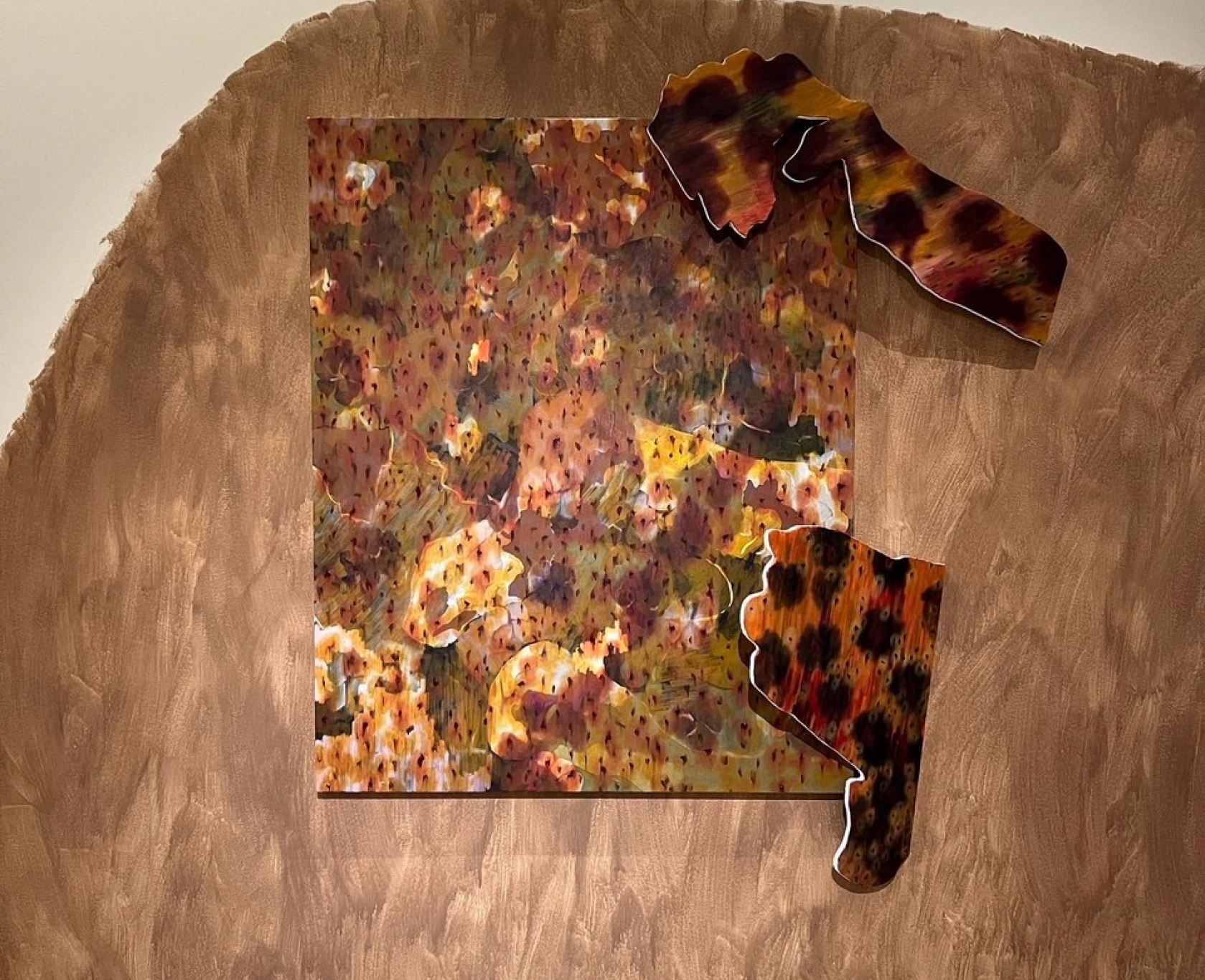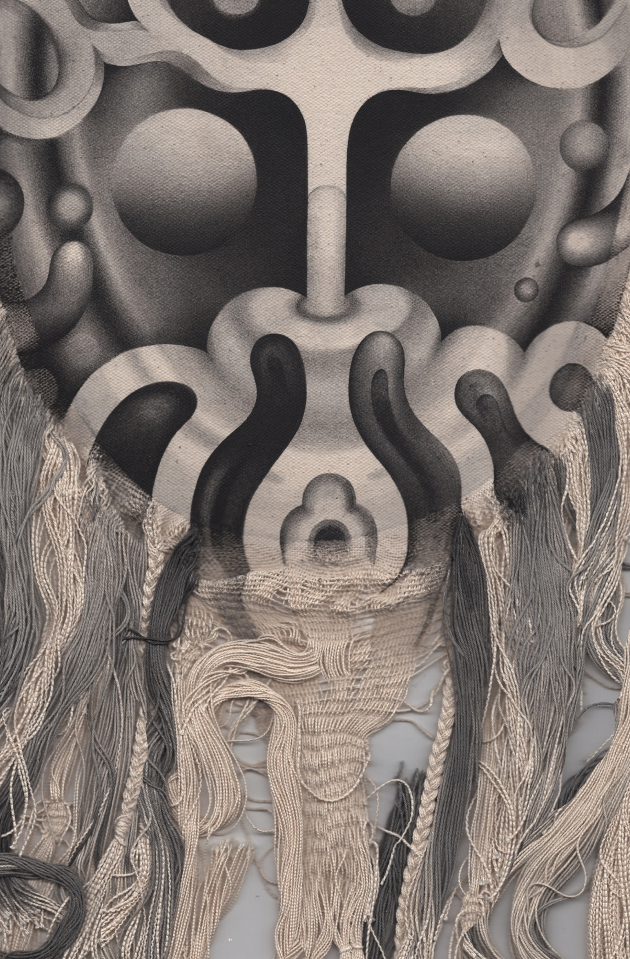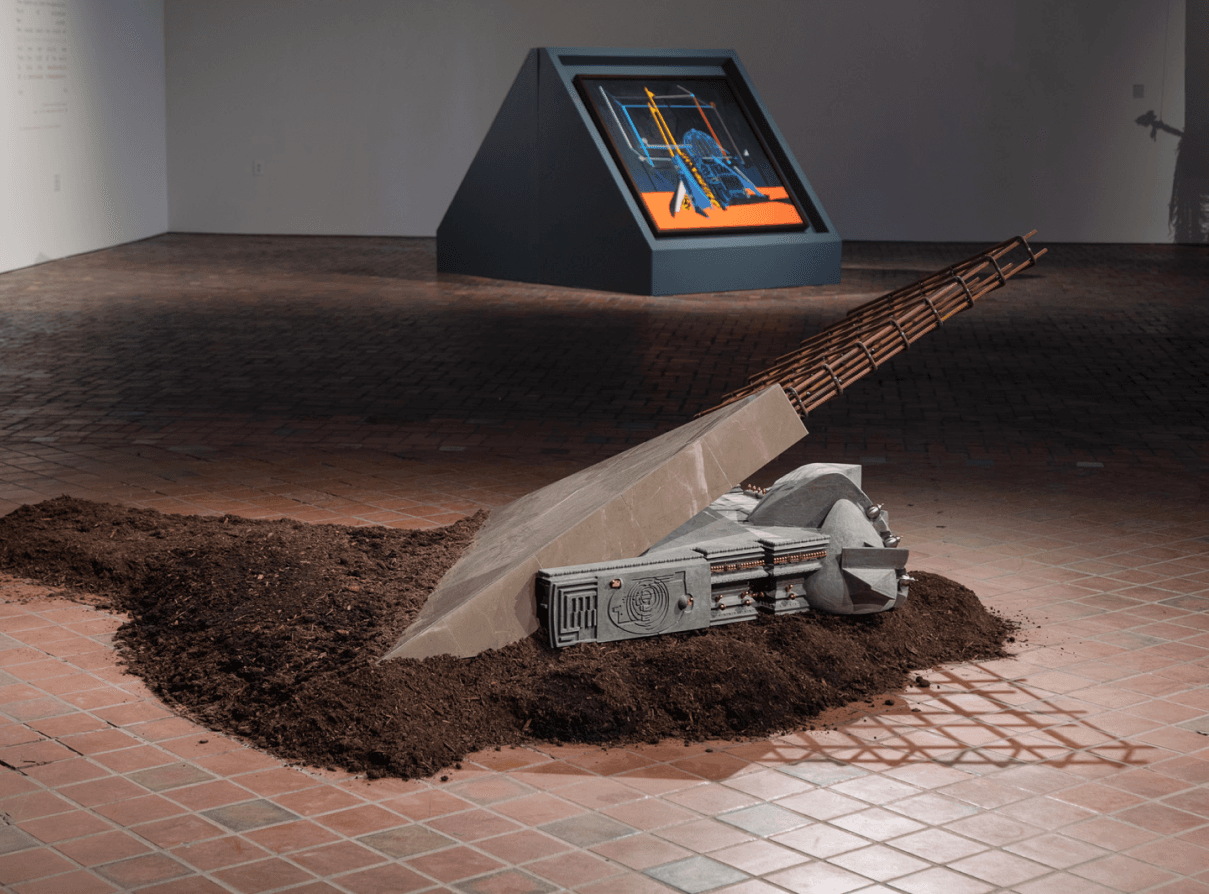Embodied Silences
On fluid support, a spectrum of touch and intense connection, as we aspire towards transcendental intimacy
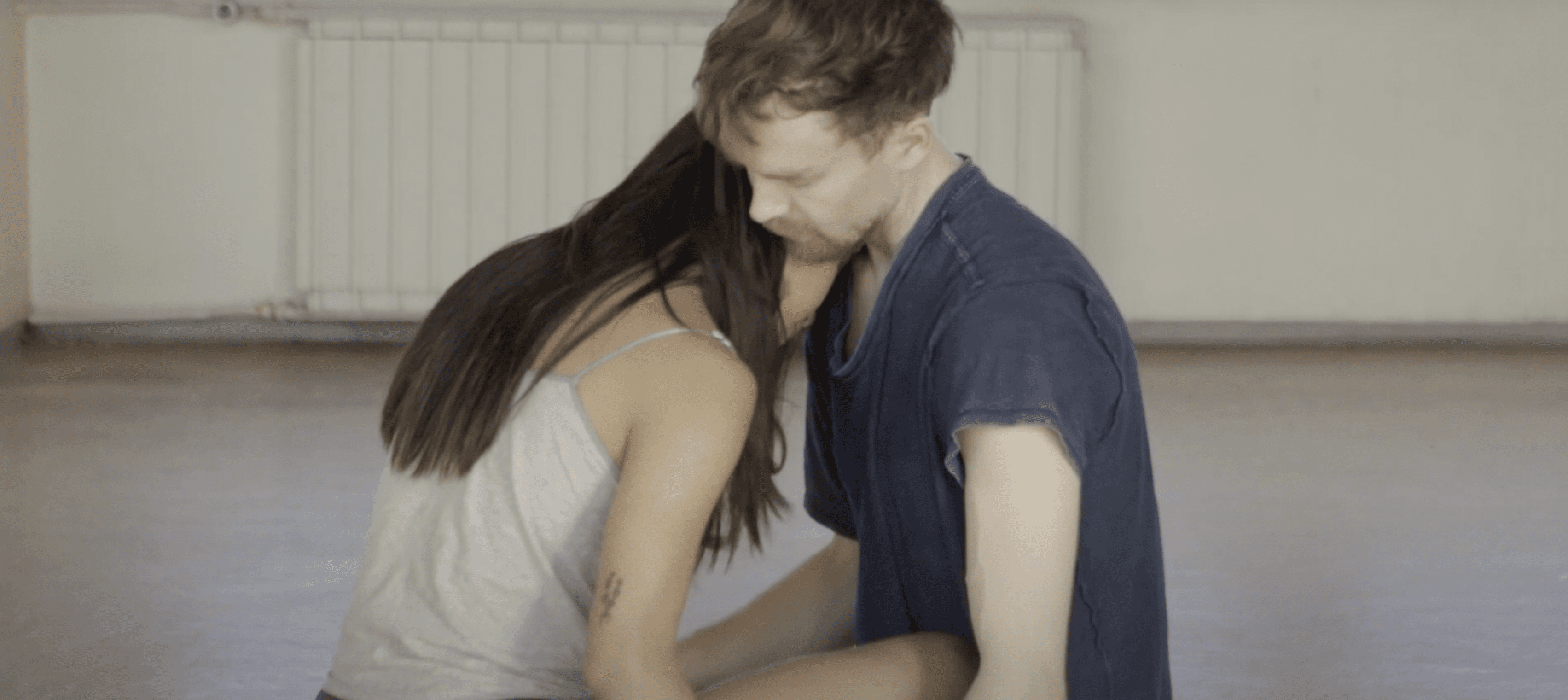
Videography by Vladislav Marinov he/him(@marinov_vladislav)
Music composed by Underwater Sounds and Frank Ocean
We move in isolation Submerged crashes Slow, soft, support Porous relations Deep connections Soaking in our solitude Waves of emotions, of breath, of flesh Floods of solidarity, of loneliness Deep below the surface Tips of icebergs You exchange I We are sitting at the bottom of an ocean
Meghan
Dana
Silence feels like oppression. Silence feels like my throat is full of words and I am choking on them. My chest starts to feel heavy and I start sweating. My eyes water and I cannot move. The words are swimming in my brain and have no way out. There is no space for them outside my body. At least it feels like it. These are the feelings of the times I’ve been silenced– by my own perception of who I am, when I feel like there is no space for me, when my brain has finally found the words but everyone around me keeps talking.
I can sense the tingles in my left pinky and how my heart beats
Silence, when it is a choice, is healing. It allows your body to receive, to listen, to connect, to perceive. When I think about silence, I immediately think about the present time – in my body and the environment. I can sense the tingles in my left pinky and how my heart beats. And with this awareness, it allows me to be more conscious of how I interact with my environment and the people surrounding me.
I practice asking myself: “when is my silence necessary? And when is it violent?”
Meghan
Lukas
To me, silence is a necessary component of active listening. Waves of Flesh was born out of our research project “why are we like this”, commissioned by the Toronto Dance Love-In. We created a blog filled with resources for anti-black racism, intersectional feminism, and our own writings on how these issues were present in our dance communities. As dance makers we felt a strong desire to be silent, so that we could listen, and consider the world in which we were making work. Silence is also violent, especially when cis-white-men, like myself, are silent in the presence of oppression. Because of Waves of Flesh, I practice asking myself: “when is my silence necessary? And when is it violent?”
I am tired of the eyes that gaze at me for too long.
Meghan
How does your spirit feel right now?
Dana
My spirit is feeling defeated. I have been touring Europe for the past month and I am exhausted. I am tired of being the only non-white person in spaces. I am tired of the eyes that gaze at me for too long. The microaggressions and the macroaggressions. “Wait, but where are you really from?” I want to leave my hotel room but it’s hard. It takes forever. My spirit wants so much to be alive. But my surroundings make it dwindle. I am bouncing in between putting up a hard shell and saying “FUCK IT.”
It feels like an open mind and sensitive skin
Meghan
What does listening feel like?
Lukas
Listening feels like a readiness. A readiness to be changed, change your mind, and learn. It feels like an open mind and sensitive skin. It is filled with endless thirst and curiosity for what surrounds you. Listening is active and it’s something you do with your whole body in the present moment, leaving you totally receptive, and unprepared. Because of this, listening actually feels quite vulnerable. You’re prepared for nothing, because you’re ready for anything.
Meghan
What is something —anything—
you would like to bring attention to?
Lukas
For those that are rarely silent, I would like to urge you to consider practicing silence. In a one-on-one conversation, practice leaving a gap of silence between the end of their expression, and your response. You might be surprised at how much this deepens a conversation, and how much deeper your connections become.
